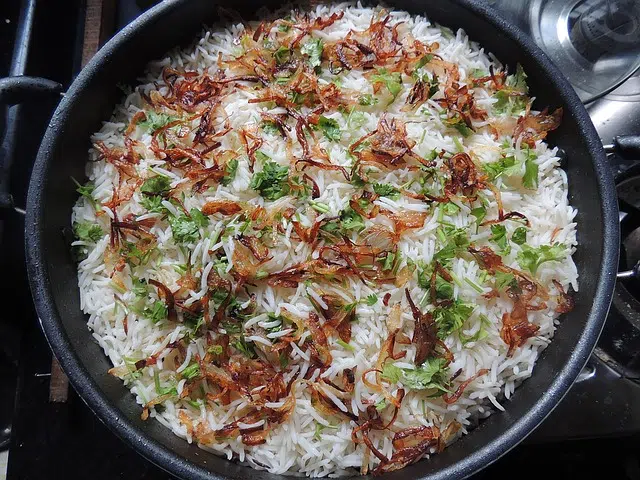
The concept of regional refers to what is linked to a region.
Regional is a term that comes from the Latin word regionalis . It is an adjective that allows us to refer to what is linked to a region (the fraction of territory whose limits are determined by different administrative, economic, geographic characteristics, etc.).
For example: “Analysts attribute the growth of the regional economy to the increase in the price of raw materials that are exported to the main international markets,” “The regional government authorities expressed their concern about the situation of violence that is being experienced in the neighboring country” , “The Ecuadorian tennis player became champion of the Regional Tournament and advanced two places in the national ranking” .
Due to the large number of meanings of the concept of region, regional can refer to different things. It is usually associated with something that covers different cities , provinces or countries . A regional soccer championship, to name one possibility, can bring together teams from different locations in the same competition.
Beyond a city
When we talk about regional transport , it is one that links different cities in the same region. For example, it may be a regional railway with stations in several locations.
A regional hospital , a regional meeting , a regional government and a regional congress are other institutions or events that are characterized by transcending a single locality.
Regional cuisine
One of the most important aspects of culture is cuisine, although in some countries it has more weight than in others, or they specialize more in sweet or savory, hot or cold dishes. There are many factors that characterize the culinary trends of a region, and among them are its climate, its agricultural resources and its age. In this context, we speak of regional cuisine to encompass all the dishes, techniques and ingredients characteristic of a region.
Regional cuisine is one of the most attractive points for tourists, especially in countries like Spain, Italy and France, to name just a few examples, which stand out for the quality of their gastronomy. However, there is an important distinction between this concept and that of national cuisine , since the latter brings together the dishes that best represent all its regions, especially those that use ingredients that are available throughout the country.
The existence of regional cuisine would not be possible without tradition, since it is the feeling of belonging and the will to keep alive the features of a region that drives many people to transmit their knowledge related to their culture to their descendants, to ensure that they continue the process indefinitely.

Regional cuisine is a cultural expression that often interests visitors to a region.
Serialization and adaptation of food
It is important to note that many times the dishes that are presented to us as symbols of a region or a nation have not been prepared following the correct techniques and ingredients to the letter. This occurs for different reasons: on the one hand there are food stores that focus on the serialization of their products to facilitate manufacturing processes; but it also occurs as a result of a natural deformation of recipes through emigration.
In other words, the regional cuisine of a city or province can be simplified to adapt to the needs of a restaurant chain that aims to conquer the international market, or deformed when reaching other parts of the world, due to the lack of ingredients, for example. example. Pizza and paella , without a doubt, are two of the dishes with the most versions internationally, and few know the true traditional recipes.
Regional politics
The idea of regional policy , finally, is usually linked to political issues that affect several countries in the same area.
South American regional policy concerns nations such as Brazil , Argentina , Chile , Venezuela and Uruguay , among others.
